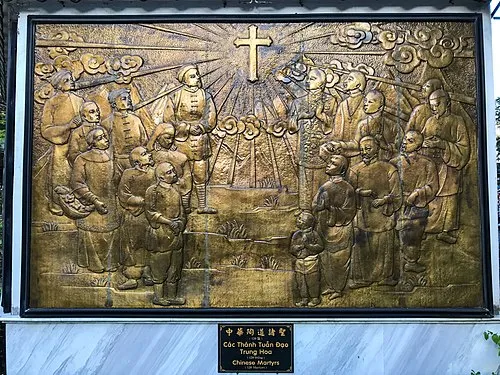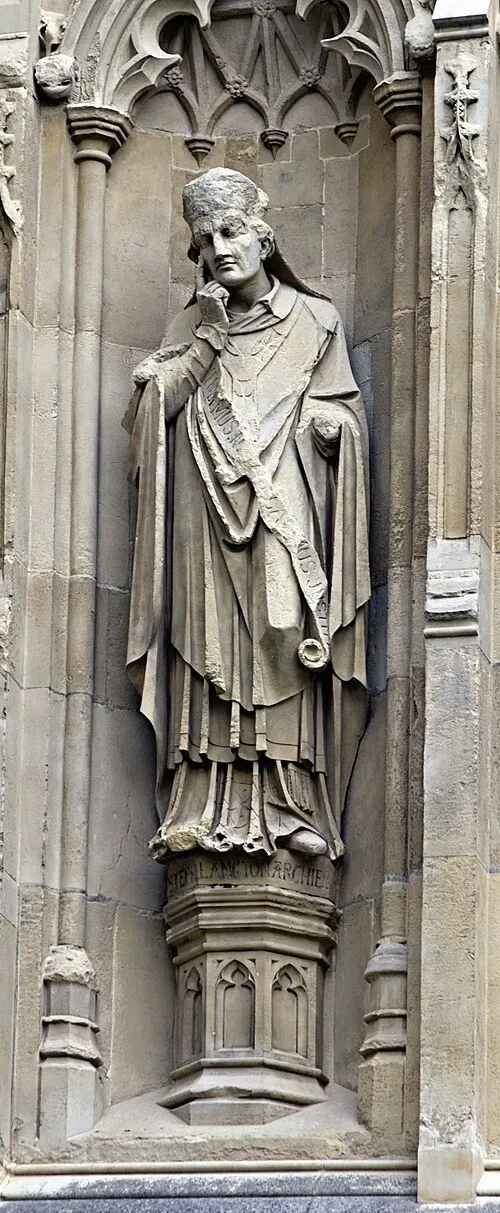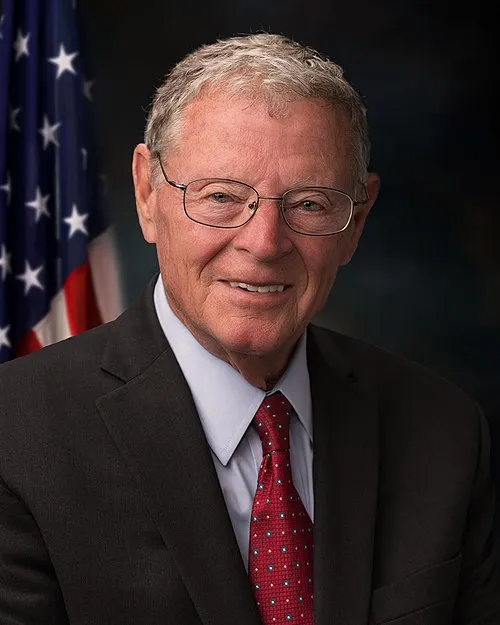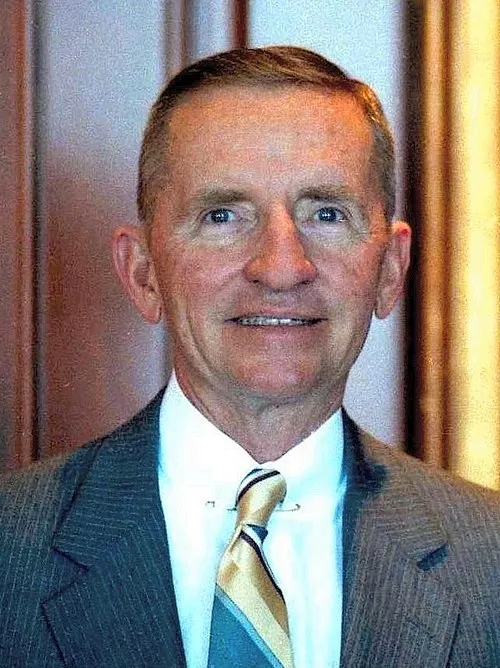In 2011, a significant rally occurred in Kuala Lumpur, Malaysia, highlighting the demand for fairer elections and greater political transparency in the country.
On July 9
23
Important Days
65
Important Events
298
Births and Deaths
recorded.
Holidays and Occasions
Events
Births and Deaths

Arbor Day in Cambodia: Promoting Environmental Awareness and Action
Arbor Day, a global event dedicated to planting and caring for trees, plays a vital role in promoting environmental awareness and sustainable practices. In Cambodia, Arbor Day is celebrated with enthusiasm, highlighting the importance of forests in supporting biodiversity, climate regulation, and community livelihoods...

Exploring Constitution Day in Australia: Significance and Celebration
Constitution Day in Australia, celebrated on January 1st each year, marks the anniversary of the commencement of the Constitution, which was enacted on this day in 1901. This significant event established Australia as a federation, bringing multiple states together under a unified national framework...

Constitution Day in Palau: Celebrating Democracy and Identity
Each year, the Republic of Palau commemorates Constitution Day on January 1st, a significant milestone in the nation's journey toward self-governance and democratic principles. This day marks the adoption of the Constitution of Palau in 1981, which lays the foundation for the country's government, rights, and responsibilities of its citizens...

Constitutionalist Revolution Day in São Paulo: History and Significance
Every year on July 9th, the people of São Paulo come together to commemorate Constitutionalist Revolution Day, a significant event in Brazil's history that highlights the struggle for democracy and constitutional rights.The Historical ContextThe Constitutionalist Revolution, also known as the 1932 Revolution, was a pivotal conflict that took place in Brazil between July and October of 1932...

Azerbaijan's Day of the Employees of the Diplomatic Service: A Tribute to Diplomacy
The Day of the Employees of the Diplomatic Service, celebrated annually on July 18th, is a significant occasion in Azerbaijan that honors the contributions of diplomats in fostering international relations and promoting the country’s interests abroad. Historical Background The diplomatic service in Azerbaijan has a rich history that dates back to the early years of the Republic...

Independence Day in Argentina: Commemorating the Declaration of 1816
Independence Day in Argentina, celebrated on July 9th, commemorates the historic declaration made by the Congress of Tucumán in 1816. This pivotal moment in history marked the liberation of Argentina from Spanish colonial rule and marked the beginning of a new era for the people of the United Provinces of South America...

Independence Day: Celebrating the Freedom of South Sudan
Independence Day in South Sudan marks a significant turning point in the history of the nation. On July 9, 2011, South Sudan officially separated from Sudan, becoming the world's youngest nation...

Celebrating Nunavut Day: A Deep Dive into the Heart of Canada’s Northern Territory
Nunavut Day is an important holiday celebrated annually on July 9th, marking the day when Nunavut officially became a territory in Canada in 1999. This day is not only a celebration of Nunavut's status but also a vibrant expression of the culture, language, and the resilient spirit of its Indigenous peoples...

Discovering July 9 Avenue: The Heartbeat of Buenos Aires
July 9 Avenue (Avenida 9 de Julio) in Buenos Aires, Argentina, stands as a testament to the city’s rich history and vibrant culture. Spanning a remarkable width that sometimes reaches 140 meters, this grand thoroughfare is often dubbed the widest avenue in the world...

Discover the Beauty of Ninth of July Park in Tucumán, Argentina
Ninth of July Park (Parque 9 de Julio) is a verdant haven located in the heart of San Miguel de Tucumán, the capital of Tucumán Province in Argentina. Known for its sprawling green spaces, vibrant flora, and historical significance, this park offers both locals and tourists a peaceful escape from the urban hustle...

Agilulfus of Cologne: A Bishop's Influence on Early Christianity
Agilulfus of Cologne is a notable figure in early medieval history, particularly recognized for his contributions to the Christian church during a transformative era. Living in the 9th century, Agilulfus was a significant ecclesiastical leader, playing a crucial role in the development of Christianity in the region that is now modern-day Germany...

Amandina of Schakkebroek: The Fearless Martyr of Southern Hunan
Amandina of Schakkebroek, a revered figure in the Catholic Church, is known for her profound faith and unwavering commitment to her beliefs. Her life and martyrdom have left an indelible mark on Southern Hunan, and she stands as a symbol of courage for many believers...

Blessed Marija Petković: A Life of Faith and Service
Blessed Marija Petković, known for her unwavering commitment to the Catholic faith and her service to the marginalized, is an inspirational figure in the history of the Church. Born on July 2, 1892, in the small Croatian village of Blato on the island of Korčula, she dedicated her life to education and caring for the poor...

Exploring the Enchanting Realm of Everilda
Everilda is not just a name; it is a portal into an enchanting realm filled with magic, adventure, and intricate storytelling. In this article, we will delve deep into the world of Everilda, exploring its origins, significance, and the impact it has had on the fantasy genre...

The Life and Legacy of Saint Gregorio Grassi: A Martyr of Shanxi
Gregorio Grassi, a name etched in the annals of history, stands as a symbol of faith, courage, and sacrifice. Born in Italy on December 24, 1833, he dedicated his life to missionary work in China, where he would ultimately meet his martyrdom during the Boxer Rebellion...

The Martyr Saints of China: A Legacy of Faith and Valor
China, a nation with a rich tapestry of history and culture, is also a landscape marked by profound spiritual traditions. Among these traditions is the legacy of the Martyr Saints of China, a group of individuals who have displayed unparalleled faith in the face of persecution...

Martyrs of Gorkum: A Deep Dive into Their Faith and Sacrifice
The Martyrs of Gorkum, also known as the Martyrs of Gorcum, refer to a group of 19 Roman Catholic priests, religious, and laymen who were executed in the year 1572 during the Dutch Revolt against Spanish rule. Their story is one of unwavering faith, heroism, and sacrifice, making it a poignant chapter in Catholic history...

Discovering Our Lady of Itatí: Patroness of the Guaraní People
Our Lady of Itatí, known as Virgen de Itatí, is an iconic figure in Argentine Catholicism and a revered symbol among the Guaraní people. Her image is housed in the historic Basilica of Itatí, located in the province of Corrientes, Argentina...

Understanding Our Lady of Peace and the Octave of the Visitation
Our Lady of Peace is a title that holds profound significance within the Catholic tradition, particularly as it pertains to the celebration of the Octave of the Visitation. This event, steeped in biblical history and spiritual resonance, reminds believers of the peace that flows from sincere faith and devotion...

Our Lady of the Rosary of Chiquinquirá: A Beacon of Faith and Miracles
The figure of Our Lady of the Rosary of Chiquinquirá holds significant meaning for the Catholic Latino community, revered as a symbol of hope, devotion, and miracles. Originating from Chiquinquirá, Colombia, this iconic image has transcended borders and touched the lives of countless devotees, making her one of the most celebrated Marian figures in Latin America...

Pauline of the Agonizing Heart of Jesus: A Model of Faith and Devotion
Pauline of the Agonizing Heart of Jesus, also known as Sister Pauline, is a revered figure in the Catholic Church. Her life and spiritual journey exemplify a deep commitment to faith, suffering, and devotion...

Stephen Langton: The Influential Archbishop of Canterbury
Stephen Langton, born around 1150, was a prominent church leader in medieval England, revered for his pivotal role in the history of the Anglican Church and his impact on the English legal system. His tenure as the Archbishop of Canterbury from 1207 to 1228 is marked by significant contributions to theology, governance, and education...

Veronica Giuliani: The Inspirational Life of a Saint
Veronica Giuliani was a remarkable figure whose life and work continue to inspire many to this day. Born on December 27, 1660, in Mercatello sul Metauro, Italy, she became a Capuchin nun known for her deep spirituality and mystical experiences...



























